Why employees quit – and how to get them to stay
Recruitment can be expensive in terms of both time and money.
There are time costs in training and productivity of the team impacted by the person leaving, not to mention the impact a resignation has on the rest of the team’s workload if the recruitment process takes a while. There are also the monetary considerations - on average, for a mid-level to senior position, the cost of a resignation can easily reach $50,000 depending on the role.
Therefore, employee retention is critical to the success of any organisation. Let's look at the reasons employees are quitting according to our 2024 Employment and Salary Trends market report.
- Lack of career opportunities: In 2024, 56% of employees resigned due to a lack of career opportunities, in a huge increase since 2022. This is not surprising given that 71% of employees said they value career opportunities over anything else.
- Low pay: 32% of quitters moved jobs to chase a higher salary. This is also not surprising given the ongoing cost of living pressures.
- Lack of benefits: 16% of employees left a job in 2023 due to a lack of employee benefits. Gone are the days when a competitive salary and standard perks were enough to entice top talent. In today's tight employment market, employers are going the extra mile by offering enticing and surprising workplace benefits to prospective employees.
- Management and non-supportive culture: In the last 12months, 15% of employees who quit left due to management issues and feeling unsupported.
- Stressful working conditions: 15% of quitters left due to increased stress. In many cases this is due to inadequate staffing levels – if this is an issue in your business, reach out to the Edge Recruitment team.
- Failure to address work-life balance:The report shows that 68% of employees value work-life balance, 4% more than in 2023, so it comes as no surprise that 14% of resignations in 2023 were a result of poor work/life balance.
- Lack of flexibility: 13% of quitters left due to their employer not offering enough flexibility. Don’t confuse this with the point above – work/life balance and flexibility aren’t the same things. Flexible working is one of the ways to create a better balance between our work and our lives outside of work.
Now let’s look at the main reasons people chose to stay in their current role in 2023, and what can you do as an employer to reduce resignation levels and retain your talent.
- Increased pay: 59% of employees stayed in their jobs due to an increase in base or variable pay. 22% of current job seekers say their salary isn’t in line with market levels. Our 2024 Employment and Salary Trends report includes detailed medium salary guides by industry and city, so request a copy of the report to make sure your salaries are on par with expectation.
- Additional training and development: 51% stayed in their job because of additional training and development. Continuous learning is not just crucial for career growth, it’s essential for setting up your business up to survive – and thrive – in turbulent times. When times are tough economically for businesses, staff training is one of the first areas to be targeted. However, the opposite is necessary, so get creative and find ways to maximise and stretch your training budget.
- Stronger retention efforts on critical roles: 45% stayed due to stronger retention strategies. According to the report, employees are 4x more likely to stay for at least two years in a company if their manager provides clear work priorities. In fact, 90% of employees are more satisfied and engaged if their manager uses employee feedback to drive change within their team. Consider the level and quality of feedback you give as a manager - 31% of employees said their managers haven’t given them enough guidance during one-on-ones, even though it would improve their performance and productivity.
- Offering alternative work arrangements: This kept 38% of people in their jobs. Employers that are resistant to including flexibility in their workplace are missing out on a huge pool of talent that deem their job opportunities unsuitable and may even risk losing existing team members to competitors that do. Read some of the ways
employers can set up flexible work arrangements in their workplace.
- Increase in lateral promotions: 26% stayed in their roles due to promotion opportunities. 77% of employees would stay longer in their job if it was easier to change jobs internally and would rather make a lateral move if it offers better learning opportunities, so ensure an annual review of what promotional opportunities are being made available in your organisation.
- Review of employer value proposition: If it is a surprise to you that this kept 10% of employees in their roles last year, it might be time to review your EVP and ensure it is well-defined, attractive and geared towards your employees. This can give your people a reason to want to continue to work at your company, as well as helping to attract good new talent if you need it.
Employee retention is not just crucial because it can save money - it can also foster better relationships, lead to better employee performance, generate more revenue, and make your company a more enjoyable place to work overall (which in turn will attract good new talent faster if you need it). So make sure you consistently offer an environment that keeps your employees happy and engaged.














